Pull the other one, Dom
There’s a lot of talk about what the Australian economy will look like post-Covid. In one of the great delusions of Australian politics, the New South Wales government has said it will lead the way.
After you’ve pulled yourself off the floor laughing, let’s actually look at the train wreck of NSW economic policy. In particular, the people it has hurt, closing their businesses, axing their jobs and driving millions into Centrelink offices and mental health clinics. The list of policy failures, I’m sorry, is not a short one.
The Berejiklian government was clueless as to how to lockdown places like Fairfield, Canterbury and Auburn effectively. Its north shore ministers had no idea about the extent of the cash economy in these places, the suburban crims moving around and spreading Covid. As a result, Greater Sydney has been locked down for twelve weeks (and counting) and the rest of NSW for a month. This failure has been costing the NSW economy $1.5 billion per week. A reopening plan for October has been released, again with huge costs to business. To reopen, businesses have to sack or stand down their unvaccinated staff, exposing themselves to unfair dismissal cases. Then they have to register with government, going through red tape and compliance costs. Then they have to turn away paying customers who don’t have a government vaccine-passport ID-card or don’t want to show their private health papers to strangers. What an economic nightmare.
The NSW government itself is sacking thousands of teachers, police officers and other public servants who want to make their own health vaccination choices. It’s a strange way to reboot the economy: sacking people and throwing them on the welfare scrap heap. The Liberals no longer believe in free enterprise and personal choice. Their economic model is a lot closer to the command-and-control of the old Soviet Union. Through this economic mismanagement, the NSW Budget has plunged into a $19 billion deficit. This has become the new Liberal way: trying to spend their way out of trouble and letting future generations pick up the tab. It’s lazy and neglectful policy-making and grossly unfair to our children and grandchildren.
In the 2021 NSW Budget there were 145 policy changes, each of them new spending outlays, usually for cynical political purposes. Among the 145 measures, there was not a single cost-saving, efficiency or productivity improvement. The government is addicted to pork-barrelling its marginal seats, with Treasury doing nothing to prevent this wasteful misallocation of scarce economic resources.
As a result of this fiscal largesse, the government has drifted into funny-money schemes, like playing the stock market for its Generations Fund and the dangerous accounting trick of setting up TAHE – the Transport Asset Holding Entity.
Treasurer Dominic Perrottet has had one good idea: stamp duty reform to improve housing affordability and economic growth. But because of the profligacy of his fiscal policy, he can’t fund the phasing out of these wretched tax imposts on homebuyers. The NSW Treasury itself is a joke, having become a political department full of virtue-signalling, LGBTIQWTF baloney and identity politics. No self-respecting professional economist would work there.
The standard policy is to close things down. At various times since 2011, the Liberal-Nationals have closed down the NSW gas industry, Sydney and Newcastle night-time economies, the greyhound industry and the NSW construction industry, plus extended the ban on uranium mining and nuclear power. The recent Covid lockdowns were second nature to them. Farmers have also copped it, with restrictive land clearing laws, the farcical Koala SEPP, the construction of wind farms on prime agricultural land and government prioritising environmental water flows over farm and town water.
Last year the NSW government legislated for 100 per cent renewable energy. But now even Matt Green has acknowledged the foolishness of this policy, saying he’s worried the coal-fired power stations will close early and send the state into blackouts. Instead of creating a viable energy mix (coal, gas, nuclear and renewables) and driving down electricity prices, the Liberal-Nationals have created a high-risk strategy of sun and wind power that doesn’t work on still nights, an act of economic vandalism.
By playing favourites in big infrastructure decisions, the NSW government has lost vital capital works projects, such as the Newcastle Port Container Terminal and the Leppington-to-Badgerys Creek rail line. Gladys Berejiklian also covered up the illicit Western Sydney land development deals of her boyfriend MP Daryl Maguire. This is a government of crony capitalism, with little faith in the fair rules of a market economy.
The development approvals process for major private sector investment in NSW is the slowest in the country. Companies wanting to create jobs and prosperity can spend millions in preparatory work and wait years before receiving a decision from government. The Independent Planning Commission is notorious for driving investors out of NSW, as they vow to never return, having wasted their time and money on red tape and rejection.
Education should be the great driver of productivity improvements in NSW, but this century our school results have collapsed. Political fads and experiments have entered the classroom, taking teachers away from the proven evidence base of what actually improves academic results. Under the Liberal-Nationals, schools policy has become a black hole, with the left-wing Teachers Federation exercising a veto right over sensible reform.
Looking at this record, the NSW government could not lead a choko vine over an outhouse, let alone lead Australia’s post-Covid economic recovery.
Got something to add? Join the discussion and comment below.
Get 10 issues for just $10
Subscribe to The Spectator Australia today for the next 10 magazine issues, plus full online access, for just $10.
You might disagree with half of it, but you’ll enjoy reading all of it. Try your first month for free, then just $2 a week for the remainder of your first year.


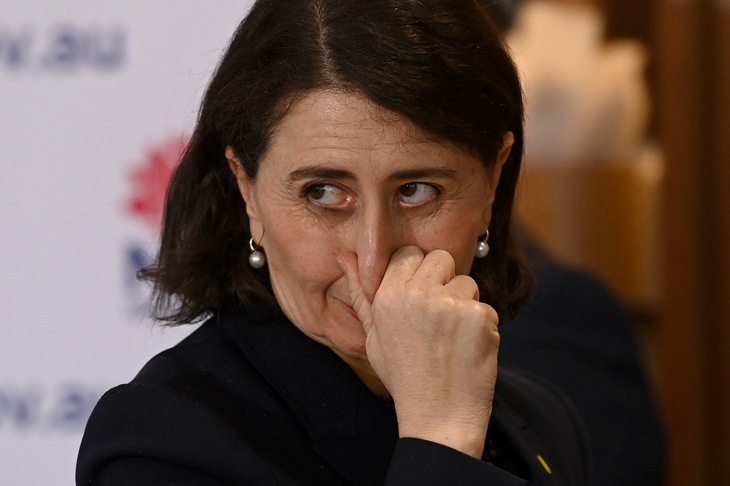
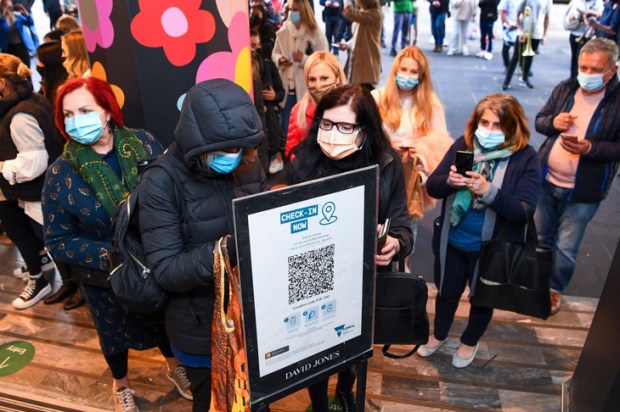
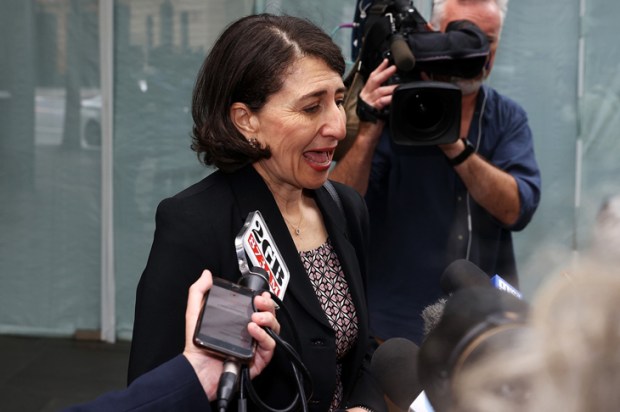
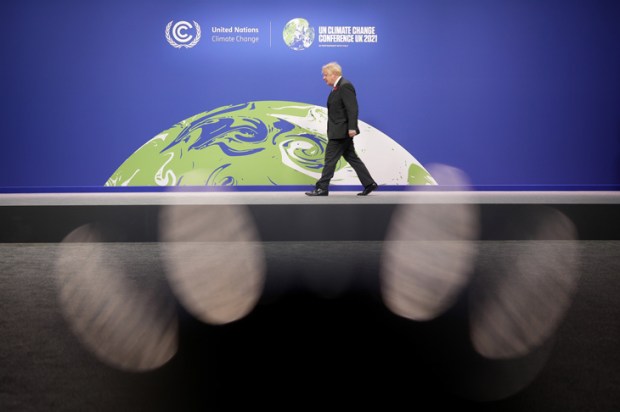
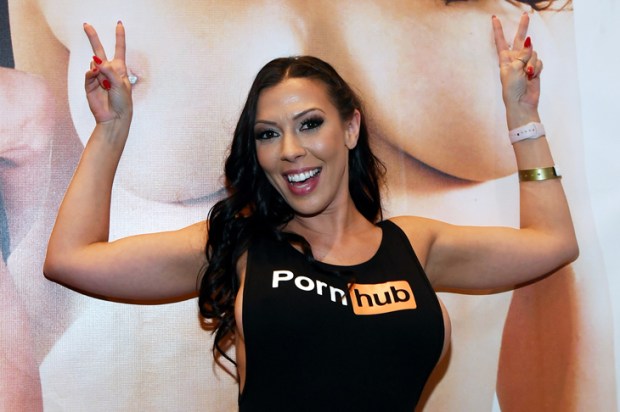
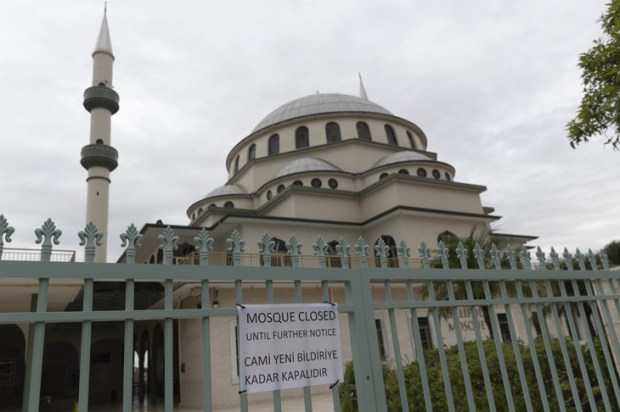
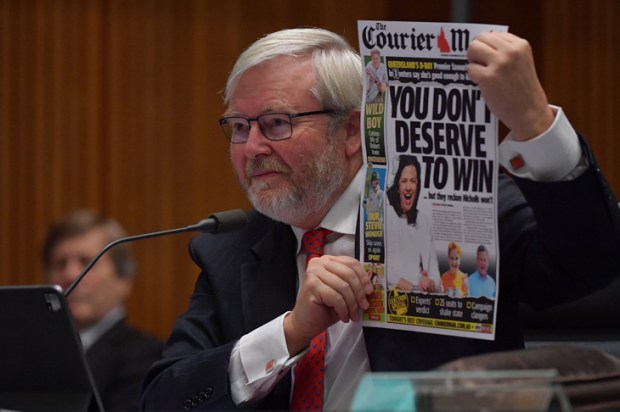






Comments
Don't miss out
Join the conversation with other Spectator Australia readers. Subscribe to leave a comment.
SUBSCRIBEAlready a subscriber? Log in